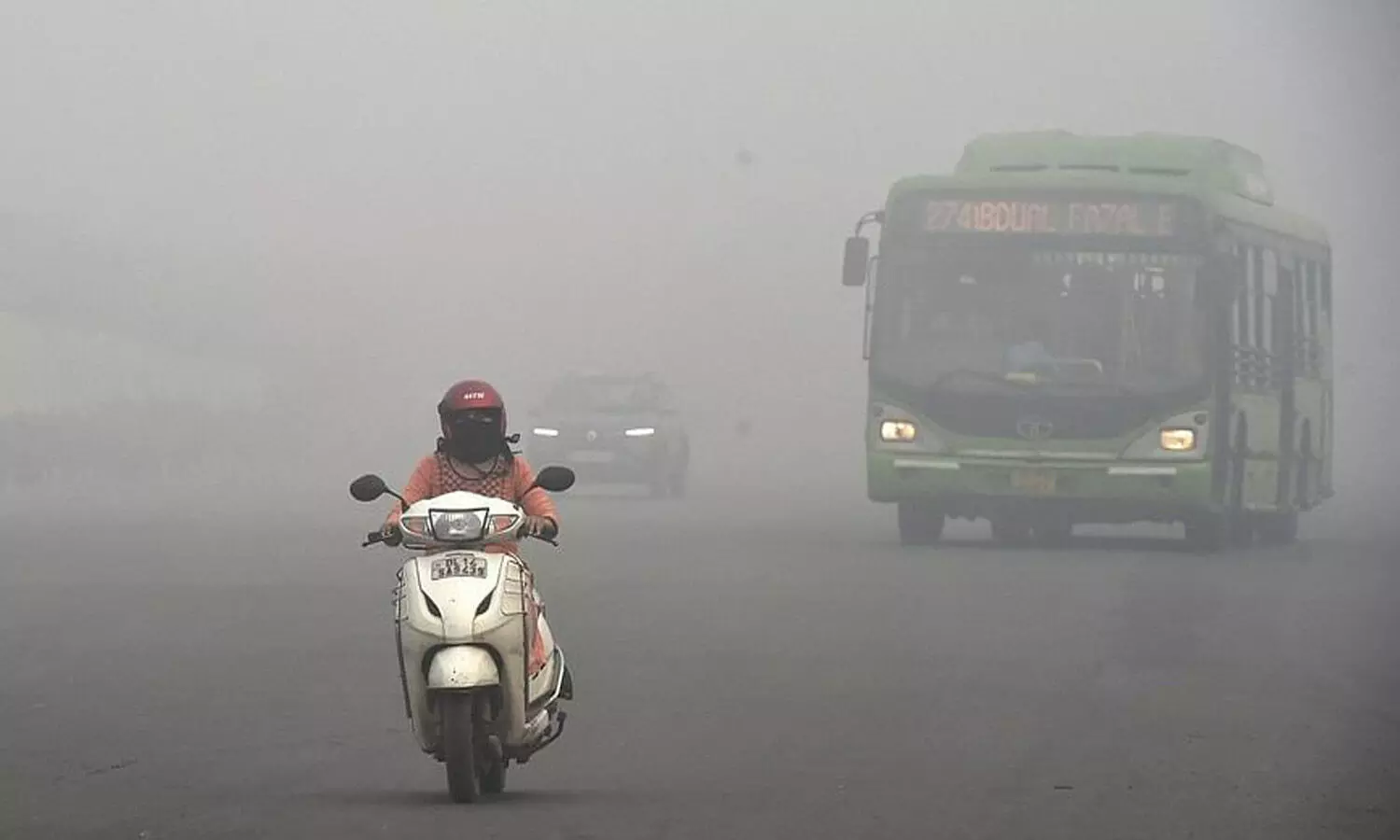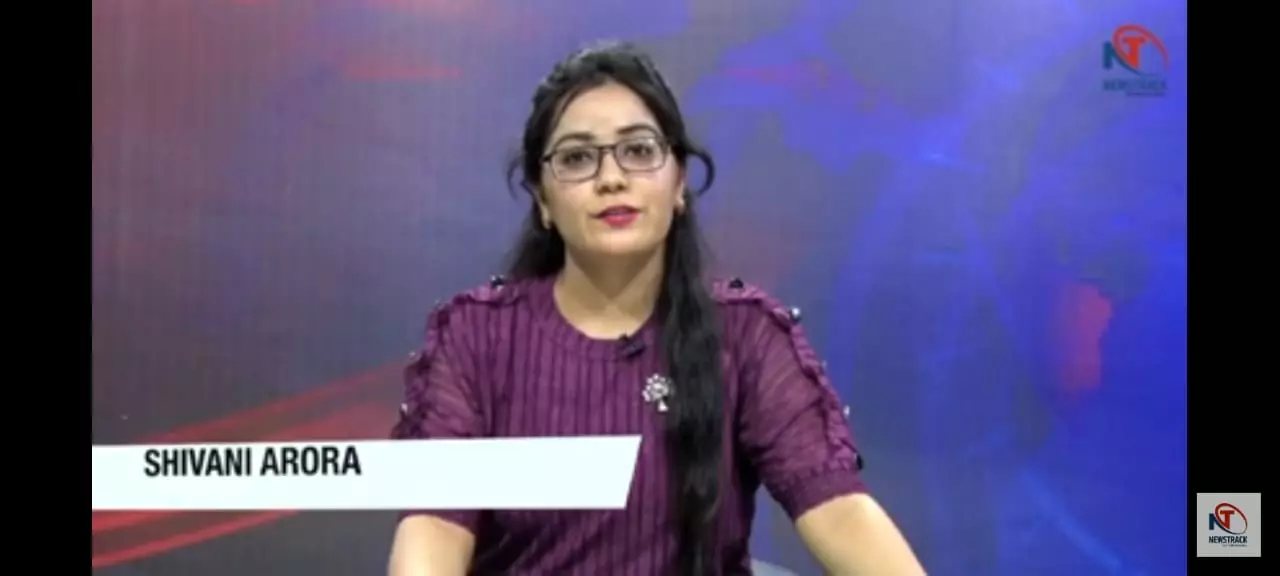TRENDING TAGS :
Delhi 'most polluted' city in world on Diwali; air quality to dip further, warn experts
Delhi's air quality is likely to remain in the 'very poor' category till October 27.
Delhi Air Quality (PC: Social Media)
Despite a ban on firecrackers, the air quality in Delhi on Diwali was recorded in the 'very poor' category, making it the most polluted city in the world. According to a report, the national capital was the most polluted city in the world on Monday (October 24, 2022), followed by Pakistan's Lahore. Delhi's 24-hour average air quality index (AQI) on Monday was around 312. It, however, was the second-best AQI on Diwali day in seven years as favourable meteorological conditions diluted the effect of firecrackers and stubble burning. An AQI between zero and 50 is considered 'good', 51 and 100 'satisfactory', 101 and 200 'moderate', 201 and 300 'poor', 301 and 400 'very poor', and 401 and 500 'severe'.
According to the Early Warning System of the Indian Institute of Tropical Meteorology (IITM), the capital's air quality is likely to remain in the 'very poor' category till October 27.
It is notable that the Arvind Kejriwal-led Delhi government had last month announced a complete ban on the production, sale and use of all types of firecrackers till January 1, 2023, including on Diwali, a practice it has been following for the last two years. Firecrackers, however, were burst in several parts of Delhi despite a ban on them.
The neighbouring cities of Ghaziabad (285), Noida (320), Greater Noida (294), Gurugram (315) and Faridabad (310) also reported 'poor' to 'very poor' air quality.
Delhi's air quality after Diwali relatively better than previous years
The air quality in Delhi on the morning after Diwali was recorded in the 'very poor' category but the situation was relatively better than the previous years. The capital's AQI stood at 326 at 8 am on Tuesday.
Emissions from firecrackers and farm fires have contributed significantly to Delhi's PM2.5 pollution on Diwali over the years. Their share, however, this year was relatively less than previous years due to reduced firecrackers bursting and moderately warm and windier conditions which prevented rapid accumulation of pollutants.
Diwali was celebrated on November 4 in 2021 and on November 14 in 2020 when temperatures were considerably low and the winds were calm.
According to Central Pollution Control Board data, Delhi had recorded an AQI of 382 on Diwali last year, 414 in 2020, 337 in 2019, 281 in 2018, 319 in 2017, and 431 in 2016.



